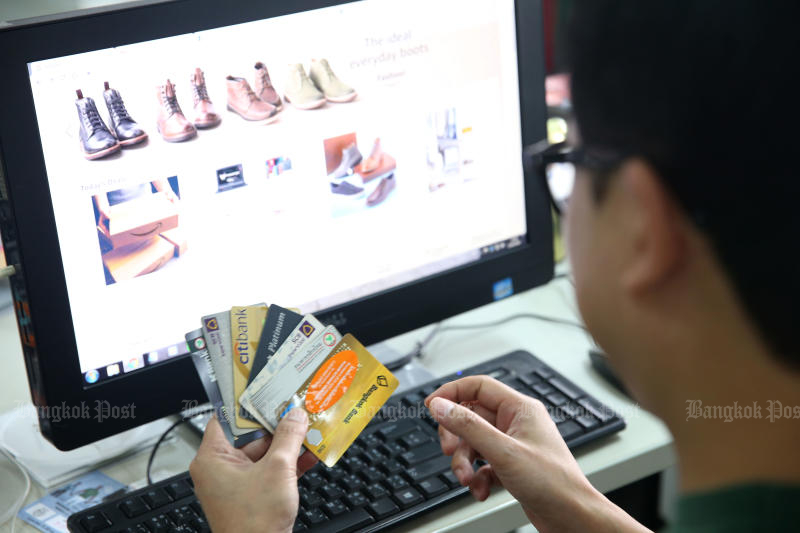Thailand: E-commerce growth stunted
Thailand posted its smallest e-commerce growth on record during the third and fourth quarters of 2021, attributed to tepid consumption and the reopening of physical shops, says SET-listed Kerry Express Thailand, a major parcel delivery service provider.
“In the previous two quarters, Thailand and Southeast Asia witnessed the slowest e-commerce growth in history,” Alex Ng, chief executive of Kerry Express Thailand, told the Bangkok Post.
“The reopening of physical retail stores and malls led to very soft consumption online, despite the fourth quarter being a traditional peak season.”
It is likely people spent more money on travel during the festive season instead of online shopping, he said.
As the Omicron variant is raging, it remains uncertain whether online purchases will resume strong growth, said Mr Ng.
“We are sure people’s purchasing power is weaker because of higher household debt as well as the spike in fuel and commodity prices,” he said.
Thanawat Malabuppha, chief executive of shopping search engine Priceza and president of the Thai E-Commerce Association, said the country’s e-commerce growth in 2022 is expected to be lower than last year because of a decline in purchasing power, inflation and a hike in utility charges.
E-commerce had grown substantially over the past two years.
Growth of 30% could be expected in 2022, he said, compared with 75% in 2021 and 140% in 2020, when the country faced a lockdown.
Vincent Yang, chief executive of JD Central, an e-commerce player, is still optimistic about the country’s e-commerce outlook, despite an economic slowdown and a decline in purchasing power.
He said the sector still has the opportunity to grow as online retail has a marginal share of the total retail value.
Mr Yang said JD Central still saw strong traffic, basket size and transactions, as customers on its platform have a high level of purchasing power.
The average basket size for JD Central doubled the average for the e-commerce industry, he said.
The e-commerce player Lazada said consumers in Asean have become more cautious with their spending, but are more accustomed to online shopping.
Lazada Group continues to grow, successfully capturing the digital shift in consumer behaviour and enabling merchants to thrive on the platform, said the company.
In the 12-month period ending on Sept 30, 2021, Lazada’s regional sales amounted to US$21 billion, with the number of annual active consumers rising 80% year-on-year to 130 million.
The number of monthly active sellers and monthly active sales products more than doubled to reach 922,000 and 33 million, respectively.
Lazada said it supports buyers and sellers with investment in technology and logistics throughout the region.
Source: https://www.bangkokpost.com/business/2248475/e-commerce-growth-stunted


 Thailand
Thailand




